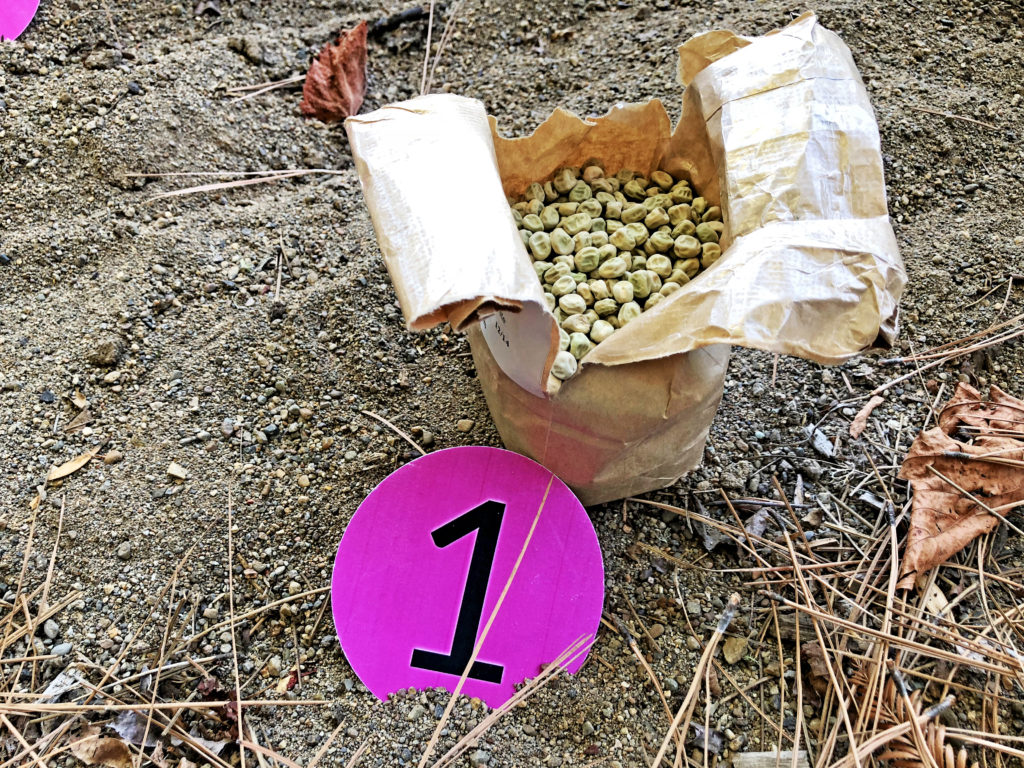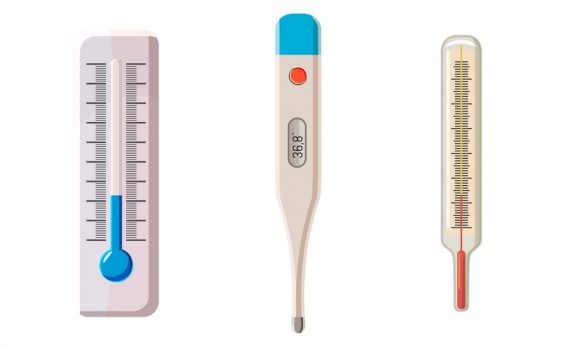
Reliability
Reliability
Reliability; consistent practice over time, is valued in science.
Learning Objective: Explain what reliability indicates and why it and other shared practices are critical in science research.

Reliability in everyday language means dependable, something will behave predictably again and again.

Car will start in cold weather

Dog barks at visitors

Sun rises every day
Reliability is important in science too.
When Gregor Mendel planted his pea seeds and they were true-breeding, he knew which phenotypes would appear. We rely on dependable true-breeding seeds in agriculture and our home gardens.
Reliability, meaning consistency and dependability, is something we are familiar with. We can agree that someone or something isn’t reliable.
But in science, reliability also has a more specific meaning.
In science, reliability often refers to how consistent a measurement is.

Three thermometers give the same temperature

Chickadees consistently sing a "dee" five to seven times in response to a potential predator

Two different scientists get the same results

If you repeat the same experiment under the same conditions, you should get the same results.
If you plant 100 corn seeds with a germination rate of 75% at 60 degree F, that should occur again and again.
Consistent measurements allow scientists to predict how natural phenomena will occur. Which is essential, because otherwise the information is not very useful.
Reliability is often confused with validity.
Reliability:
The same test consistently gives the same results under the same conditions.
Validity:
The test measures what it’s supposed to.

For example, if you take an IQ intelligence test over and over and it keeps giving you the result of 100 points, but your IQ is actually 120 points, the test was reliable (consistent) but not valid (not working).
You really want both reliability and validity.
So something could be reliably wrong, or invalid.

We’ve all been there; someone makes the same argument over and over, but the logic is flawed. So you could say their argument is reliable, but invalid.
Since consistency is an important habit for coursework, this seems like a good place to introduce this guide’s media piece: making progress on the final portfolio.
Start Your Media Assignment here
Watch the video below on the animal biology portfolio and complete this media assignment.
In Guide 2B you selected a possible portfolio format and also a few pieces of work that could fit the outcomes. In this assignment you will be committing to a portfolio format and uploading a sample of what the final portfolio will look like.
Include in the portfolio sample at least three examples of your work in the final portfolio format. For example, if you are planning a powerpoint with each slide representing your work, you would be uploading three slides to Canvas. If you are planning a printed notebook, you might be submitting three pages of that notebook. If you are planning a video tour, you could be uploading a video sample of three pieces of your work.

There will be additional portfolio checkpoints week #8 and week #10, but if you have any questions in the mean time, please ask us.
Animal Biology Portfolio Update
Note: below the video there are time codes so you can find specific outcomes you are interested in.
Concepts Outcomes
Science Concepts (01:40)
Biology Concepts (02:02)
Animal Concepts (02.24)
Skills Outcomes
Science Skills (03:04)
Biology Skills (03.26)
Animal Skills (03:48)
Connections Outcomes
Science Connections (04:28)
Biology Connections (04:49)
Animal Connections (05:12)
Examine the course outcomes in more detail
The next section explores the consistent stages of development that occur after fertilization.










